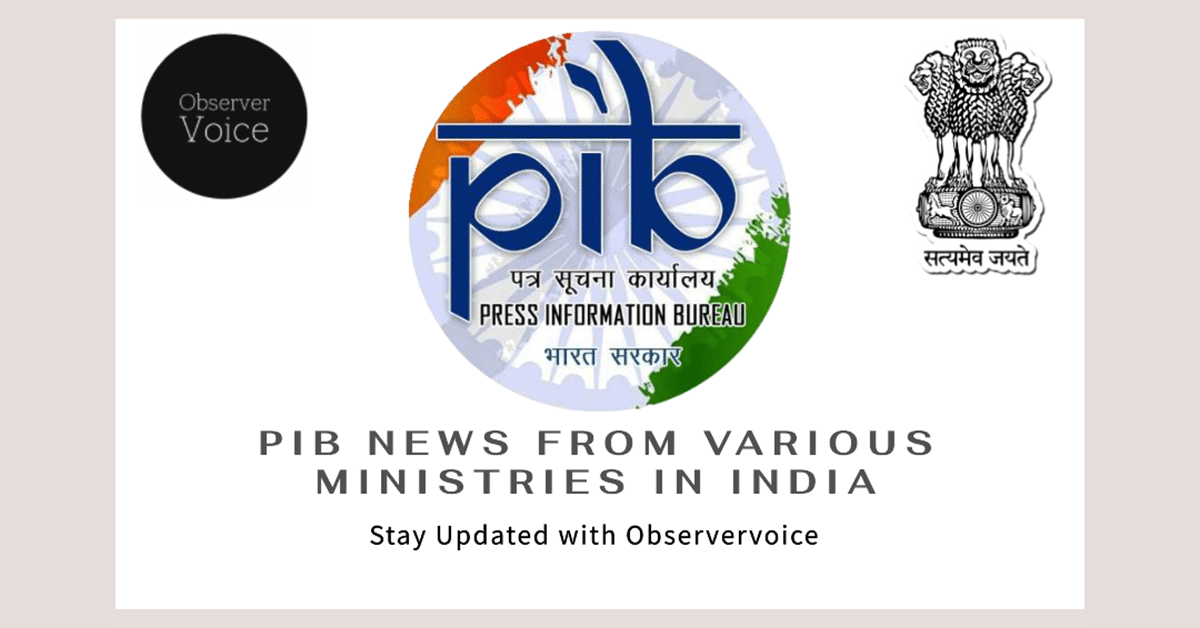Strengthening Animal Health Security in India

The Indian government is taking significant steps to enhance animal health security in the wake of recent pandemics. The Department of Fisheries, Animal Husbandry, and Dairying has launched the G-20 Pandemic Fund Project aimed at strengthening animal health security. This initiative focuses on pandemic preparedness and response, ensuring that India is better equipped to handle future outbreaks. The project outlines several key interventions designed to improve disease surveillance, vaccination efforts, and laboratory capabilities.
Key Interventions for Pandemic Preparedness
The G-20 Pandemic Fund Project includes several major interventions. First, it aims to strengthen and integrate disease surveillance and early warning systems. This will help in the timely detection of diseases, allowing for quicker responses to potential outbreaks. Second, the project focuses on enhancing health security for transboundary animal diseases. These diseases can easily cross borders and pose significant risks to livestock and public health.
Additionally, the project emphasizes upgrading and expanding the laboratory network across the country. A robust laboratory system is crucial for accurate disease diagnosis and monitoring. By improving these facilities, India can ensure better health outcomes for its livestock. These interventions are essential for building a resilient animal health system capable of responding effectively to pandemics.
Vaccination Efforts Under National Programs
The Indian government supports states and Union Territories (UTs) under the National Animal Disease Control Programme (NADCP). This program focuses on vaccination against several critical diseases, including Foot & Mouth Disease (FMD), Brucellosis, Peste des Petits Ruminants (PPR), and Classical Swine Fever (CSF). To date, over 99.17 crore doses of vaccines have been administered for FMD alone, along with millions of doses for other diseases.
Moreover, the Assistance to States for Control of Animal Disease (ASCAD) component has been instrumental in vaccinating 26.25 crore cattle against Lumpy Skin Disease (LSD). The establishment and strengthening of veterinary hospitals and dispensaries have also been prioritized. Currently, 4,016 mobile veterinary units (MVUs) are operational, providing essential veterinary healthcare services directly to farmers. These efforts are crucial for controlling animal diseases and ensuring the health of livestock across the nation.
Guidelines for Veterinary Treatment and Crisis Management
To further enhance animal health security, the government has introduced the Standard Veterinary Treatment Guidelines (SVTGs) for livestock and poultry. These guidelines outline best practices in veterinary care, promoting responsible use of antimicrobials. By standardizing veterinary practices, the SVTGs aim to minimize residues in the food chain and improve overall livestock health.
Additionally, the Crisis Management Plan (CMP) for Livestock Diseases provides a structured approach to managing animal disease outbreaks. This plan ensures swift containment and mitigation of health crises, thereby reducing the risks of pandemics. Together, these guidelines and plans form a comprehensive strategy to enhance animal health security in India.
Upgrading Laboratory Networks and Data Systems
The Pandemic Fund Project also focuses on upgrading and expanding the laboratory network. Assessments of Central and Regional Disease Diagnostic Laboratories have been conducted to identify areas for improvement. Strengthening the Laboratory Information Management System (LIMS) and Laboratory Quality Management System (LQMS) is a key part of this initiative.
Furthermore, the government is supporting states in building capacity for disease surveillance and monitoring. This includes enhancing the capabilities of State Biological Production Units and Disease Diagnostic Laboratories. Continuous veterinary education and training are also being prioritized to ensure that veterinary professionals are well-equipped to handle emerging challenges. These steps are vital for improving data analytics and risk communication, ultimately leading to better animal health outcomes.
In conclusion, the Indian government’s efforts to strengthen animal health security through the G-20 Pandemic Fund Project are comprehensive and multifaceted. By focusing on disease surveillance, vaccination, veterinary guidelines, and laboratory upgrades, India is taking significant strides toward better pandemic preparedness and response.
Observer Voice is the one stop site for National, International news, Sports, Editor’s Choice, Art/culture contents, Quotes and much more. We also cover historical contents. Historical contents includes World History, Indian History, and what happened today. The website also covers Entertainment across the India and World.

